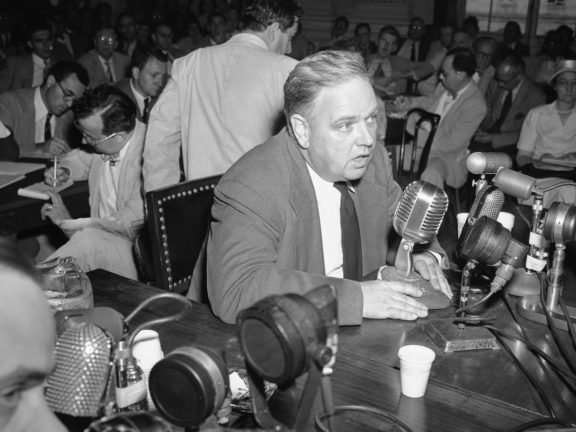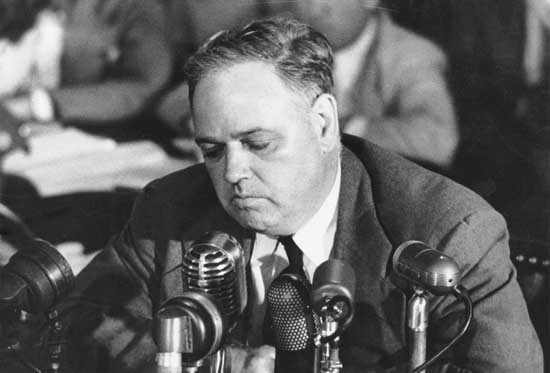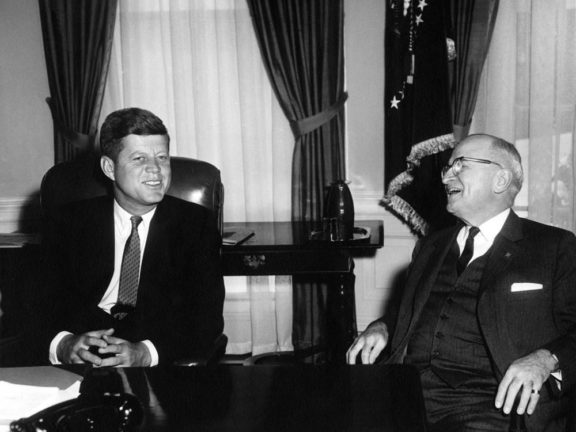Socialism/Communism: Symptom of a Deeper Problem
Those who know American history also know that the push for a more socialist society is nothing new. Eugene Debs, the perennial presidential candidate for the Socialist Party during the early decades of the twentieth century received a rather impressive number of votes, especially in 1912. Franklin Roosevelt’s New Deal pushed us closer to the socialist vision with the rise of government oversight of the economy and Lyndon Johnson’s Great Society offered the kind of federal government intrusion that few… Read more »







